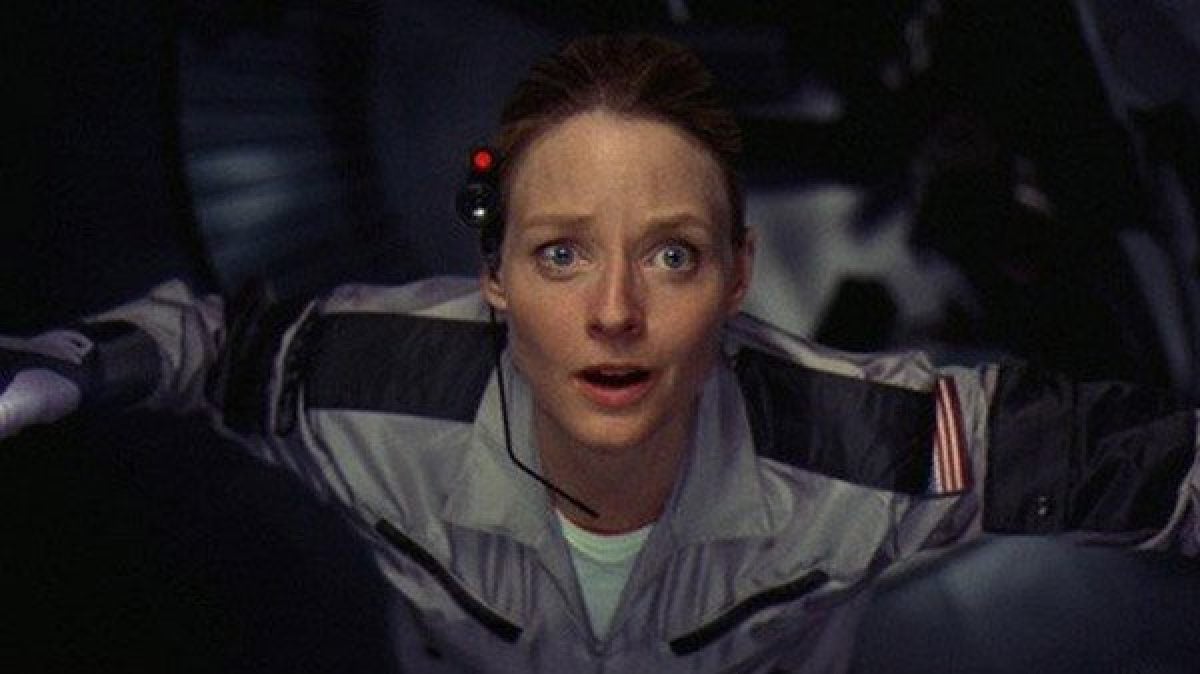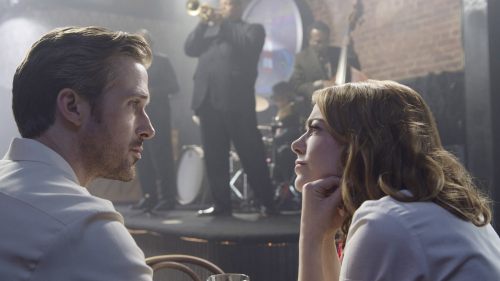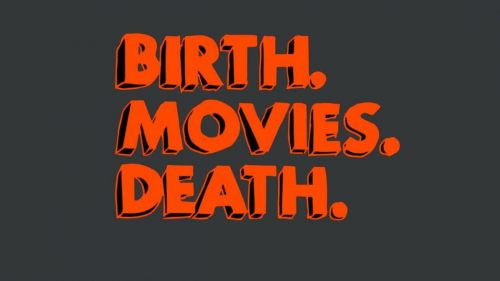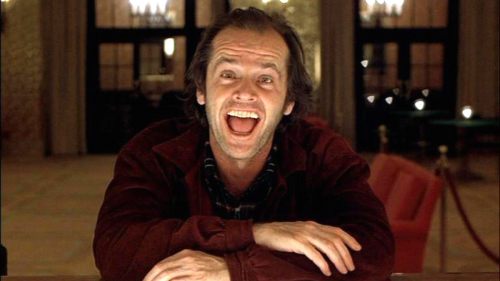BMD Picks: Our Favorite Space Explorations
Space. The Final Frontier. The journeys of men and women into the outer reaches of the stars has delivered quite the diverting crop of cinema, with Damien Chazelle's First Man becoming the next in a long line of great filmic examinations of interstellar exploration. To celebrate that picture, we here at BMD picked four of our favorite titles, each of which showcase a new trip into the cosmos. Take a look...
*****

The Right Stuff [1983] (d. & w. Phillip Kaufman)
The Right Stuff is one of the rare examples where a great book is improved upon by a better movie. This is mostly because Philip Kaufman attempts to keep instances of Tom Wolfe’s text about the original Mercury Seven astronauts intact – mostly through lines of dialogue lifted verbatim – while still adhering to the cinematic voice that made movies like Invasion of the Body Snatchers (’78) so definitively “his” (again, despite being pulled from a previous source). As a result, the initial “beat the Russians” space race act gives way to a rather complex character study revolving around these daring flyboys, plus Chuck Yeager (Sam Shepard), the one who wasn’t chosen to ascend into our space.
Kaufman once referred to his three-hour opus as “the longest movie ever made without a plot”, while Quentin Tarantino’s also commented that it gave birth to the “hip epic”. Both artists are obviously being slightly hyperbolic, but the fact remains that Kaufman’s picture is a monument to the wonder of human bravery, while acknowledging that it takes a special kind of crazy to volunteer for what essentially could turn out to be a suicide mission. Testosterone collides with the need to break scientific barriers, causing a few of these hard men to crack and crumble. The image of the “American hero” is placed under a microscope, as millions idolized these astronauts, and they dealt with the pressures of fame after wondering at the brilliance of the stars. Its a great reminder that icons are Flawed humans once you strip all the media minted grandeur away. - Jacob Knight

Moon [2009] (d. & w. Duncan Jones)
Astronaut Sam Bell (Sam Rockwell) is nearing the end of his three year assignment on the far side of the moon. Isolated with limited communication from Earth outside of an occasional recorded message from his wife, Sam’s only companion is a robot called Gerty. When an accident brings him face to face with a younger version of himself, things take a surreal turn and Sam realizes that home is farther away than he thinks.
With a beautiful performance from Sam Rockwell, and a resounding score by Clint Mansell, this feature debut from director Duncan Jones surpasses cinema’s more clinical journeys to outer space with a profound story about humanity and emotion. - Emily Sears

Contact [1997] (d. Robert Zemeckis, w. James V. Hart & Michael Goldenberg)
For all the movies centred on astronauts and pilots and the like, it’s great when a film explores the less-sexy side of space exploration. Contact is one such film, and it also just happens to be a low-key classic of the genre. Based on a book by none other than Carl Sagan, Contact follows Dr. Ellie Arroway (Jodie Foster), a SETI scientist who discovers a signal from from the Vega star system at her radio observatory, and pursues it as evidence of alien intelligence.
Between listening to radio noise at the film’s opening and venturing through a wormhole at its climax, Ellie has to contend with government funding debates, scientific challenges, and most pointedly, Christian philosopher Palmer Joss (Matthew McConaughey), who challenges her on the conflict between her atheism and her personal system of faith. Ellie’s subsequent trip through space, time, and consciousness leads to a poetic alien encounter that highlights understanding, communication, and empathy. Contact, in other words - something that many sci-fi movies only deal with on a mechanical level.
Contact’s internal conversation about faith is groundbreaking in how nuanced it is, never reducing itself to the binary religion-versus-science debate that many critics see in it. Instead, faith and evidence are presented equally as vital to the human experience - which they are. Robert Zemeckis’ filmmaking is equally groundbreaking, with magnificent trick shots and some impressive CGI work courtesy of a then-unknown VFX company called Weta Digital. And Foster and McConaughey lead a terrific cast of character actors that also includes David Morse, Angela Bassett, William Fichtner, James Woods, and reunited Alien cast members Tom Skerritt and John Hurt.
Maligned in its own time but slowly gaining supporters decades later, Contact is one of the most unique films to venture into the stars. Open your mind and soul to its wonders, and you’ll find a poignant exploration of science, faith - and yes, space. - Andrew Todd

The Martian (2015) [d. Ridley Scott, w. Drew Goddard]
The premise of The Martian is nothing short of brilliant. As a marriage between the isolation of Cast Away and the space bound tension of Apollo 13, Andy Weir’s novel postulated the question: Just how exactly would an astronaut survive on Mars if he found himself abandoned? Then Ridley Scott took that foundation and built himself a monument to duct tape survivalism in the most inhospitable environment imaginable. It’s a harrowing scenario presented through a dedication to scientific realism, intense precisely because that presentation is so matter-of-fact.
But what makes The Martian a masterpiece is its monument to humanism. Matt Damon is the perfect man to place as Mark Whatney, the charismatic center of a film that should require nothing more of him than to be a vessel for situational terror, but Ridley Scott is just as concerned with the objectives of the humans back on Earth and the crew that inadvertently left one of their own behind. It’s the communal efforts of an entire planet that bring Whatney home, and The Martian is a jubilant celebration of what can be achieved when humanity bands together, whether for the sake of a single life or for the development of our collective futures. - Leigh Monson



